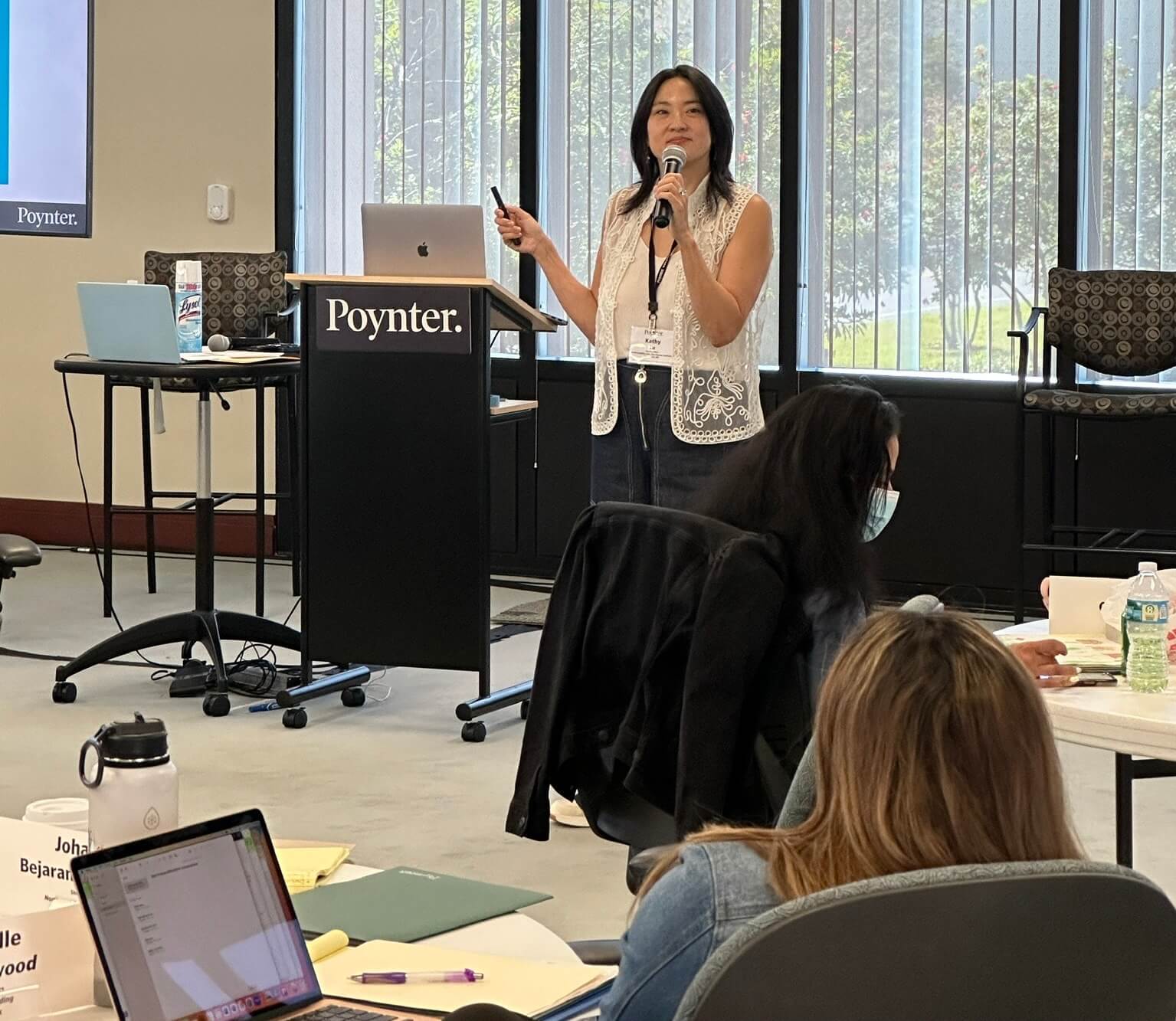
Sen. Clementa Pinckney’s wife Jennifer Pinckney, right, and daughters Eliana, left, and Malana walk in for his funeral service, Friday, June 26, 2015, in Charleston, S.C. (AP Photo/David Goldman)
On the morning of his “Home Going” celebration, the national narrative of his life is clear and consistent. Brother, Reverend Pinckney’s life as a son, husband, father, preacher, pastor and leader has been above reproach. He is hailed as a “giant among men” and “great leader of his people.” Our nation’s own president, Barack Hussein Obama, delivered his powerful eulogy. He comforted Mrs. Jennifer Pinckney, and daughters: Eliana and Malana and jolted the assembled when he led them to sing “amazing grace.”
As I ponder the impact of this senseless, mindless act of hate by a man who ambushed nine innocent people — pastors and parishioners — there are millions of narratives to be told as we seek understanding about this great human being, our modern media and this great nation.
As an African American man, Rev. Pinckney’s narrative and America’s are truly now inextricably connected by a single garment of destiny — a destiny that requires we are honest about our history.
I’m reminded of the National Advisory Commission on Civil Disorders, known as the Otto Kerner Commission, established by President Lyndon B. Johnson which was set up to investigate the causes of America’s 1967 race riots. It feels as relevant today as it did 47 years ago.
After a 7-month investigation on February 29, 1968 Rev. Martin Luther King, Jr. called the report a “physician’s warning of approaching death, with a prescription for life.” The report also aimed some of its pointed criticism at the mainstream media stating that “The press has too long basked in a white world looking out of it, if at all, with white men’s eyes and white perspective.” The report also scolded the federal and state governments for failed housing, education and social service policies.
Indeed, the calendar says 2015, but it feels like 1963 – 1974 with horrific narratives like:
- June 12, 1963, a gunman in Jackson, Miss., killed, a young civil rights leader named Medgar Evers. Evers, 38, the NAACP’s Mississippi field officer, was slain in his front yard.
- September 15, 1963, 16 Street Baptist Church, in Birmingham, AL where on a Sunday morning Addie Mae Collins, Cynthia Wesley, Carole Robertson and Carol Denise McNair (4 little girls) were slaughtered in a bomb explosion.
- June 30, 1974, Ebenezer Baptist Church in Atlanta, GA, Dr. Martin Luther King, Jr.’s mother Alberta Williams King was gunned down while playing the organ seven years after her son’s murder.
Today the spotlight is on Charleston, South Carolina and the state of race relations in America is on high alert. For many it feels like black people are being hunted in their own churches in South Carolina’s lowcountry.
The story of Charleston and the Emanuel 9 does not begin or end with the premeditated murders of six women and three men, slain while praying in a church basement.
The state of race relations in America is both complex and nuanced.
The new opportunities before America’s media are rooted in “restorative narratives” — stories that bring communities together, inspire hope, and reveal healing. Mallary Tenore, Managing director of Images & Voices of Hope describes restorative narratives this way: “a story that follows a person or community through a meaningful progression from despair to resilience.”
Let the words of the civil rights struggle theme song, “We Shall Overcome,” enter the door that has been flung open, dismantle the ills of structured racism and learn to live in harmony.
It is often said that story of America will never be complete, until all of those in the story are a part of the storytelling.
Only then can we affirm that all lives matter. Are we telling those stories?
————————————-
Irby is a Senior Faculty member at The Poynter Institute — a global leader in journalism based in St. Petersburg, FL. In this role he travels widely amplifying the voice of the visual journalists and is a teacher, frequent motivational speaker, judge and expert voice. Irby is also an itinerant elder in the African Methodist Episcopal Church and pastors the congregation at Historic Bethel, the 120-year old landmark and spiritual resource in the city of St. Petersburg, Florida.






